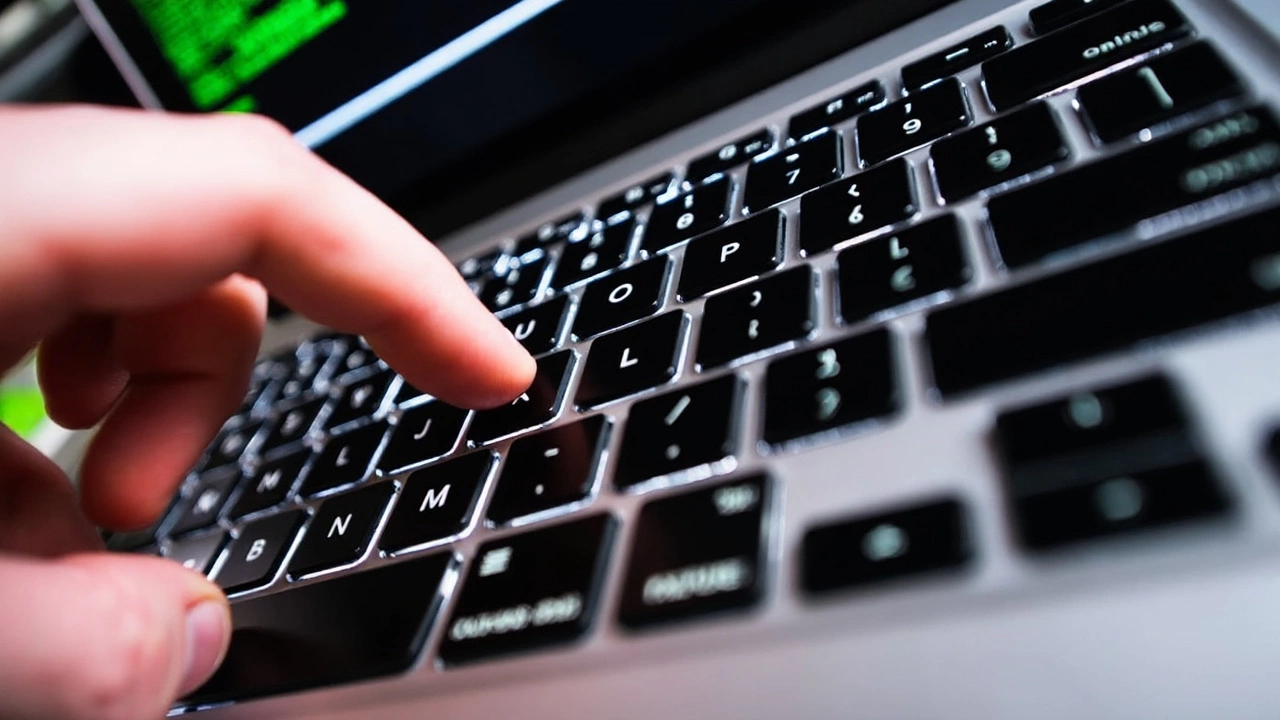Data Breaches: What They Are and How to Keep Your Info Safe
Ever gotten an email saying your password was exposed or saw a news story about a big company losing customer data? That’s a data breach. It means someone got hold of personal info that should have stayed private. Breaches can affect anyone – from big brands to your local grocery store – and the damage can be real.
Why do breaches happen? Most of the time it’s because of weak passwords, unpatched software, or employees clicking on phishing links. Hackers also buy stolen data on dark‑web markets, then use it to trick more people. If a company stores data in one place without strong encryption, a single breach can expose thousands or even millions of records.
Quick steps you can take today
1. Use strong, unique passwords for each account. A mix of letters, numbers, and symbols works best. If remembering them is hard, a reputable password manager can store them securely.
2. Turn on two‑factor authentication (2FA) wherever it’s offered. Even if a hacker gets your password, they’ll need a second code sent to your phone or generated by an app.
3. Keep software up to date. That includes your operating system, browsers, and any apps you use. Updates often patch security holes that attackers exploit.
4. Watch your credit and bank statements. Set up alerts for suspicious activity. If you see anything you don’t recognize, report it right away.
5. Back up your data regularly. Use an external drive or a cloud service with encryption. If ransomware hits, you won’t lose everything.
What to do if you hear about a breach
First, don’t panic. Check whether the breach really involves your data. Companies usually send an email or post a notice with details. If they ask you to reset passwords, do it immediately. Change any similar passwords on other sites.
If the breach involves financial information, contact your bank or credit card issuer. They can flag your account and issue new numbers if needed.
Finally, consider a credit freeze or fraud alert. A freeze stops new credit lines from being opened in your name, while an alert warns lenders to verify your identity before approving anything.
Staying safe isn’t about being paranoid; it’s about being prepared. By using strong passwords, enabling 2FA, keeping software current, monitoring your accounts, and backing up data, you cut the chances of a breach hurting you. Keep these habits in mind, and you’ll be far less likely to become a victim.
Data breaches will keep happening, but you control how much risk you take. Take action now, and you’ll protect yourself and your personal information for the long run.

A giant trove of 16 billion leaked passwords from tech giants has surfaced, sparking fears about phishing and account hacks. Companies say no new breaches happened, but experts warn reused passwords in the cache still put millions at risk.
Continue Reading





